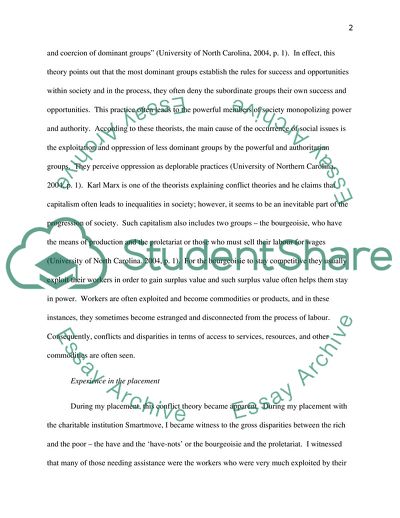Cite this document
(The Conflict Theory as It Applies in the Social Work Practice Term Paper, n.d.)
The Conflict Theory as It Applies in the Social Work Practice Term Paper. Retrieved from https://studentshare.org/social-science/1759015-critically-evaluate-one-social-work-theory-of-relevance-to-your-most-recent-practice-placement
The Conflict Theory as It Applies in the Social Work Practice Term Paper. Retrieved from https://studentshare.org/social-science/1759015-critically-evaluate-one-social-work-theory-of-relevance-to-your-most-recent-practice-placement
(The Conflict Theory As It Applies in the Social Work Practice Term Paper)
The Conflict Theory As It Applies in the Social Work Practice Term Paper. https://studentshare.org/social-science/1759015-critically-evaluate-one-social-work-theory-of-relevance-to-your-most-recent-practice-placement.
The Conflict Theory As It Applies in the Social Work Practice Term Paper. https://studentshare.org/social-science/1759015-critically-evaluate-one-social-work-theory-of-relevance-to-your-most-recent-practice-placement.
“The Conflict Theory As It Applies in the Social Work Practice Term Paper”, n.d. https://studentshare.org/social-science/1759015-critically-evaluate-one-social-work-theory-of-relevance-to-your-most-recent-practice-placement.


